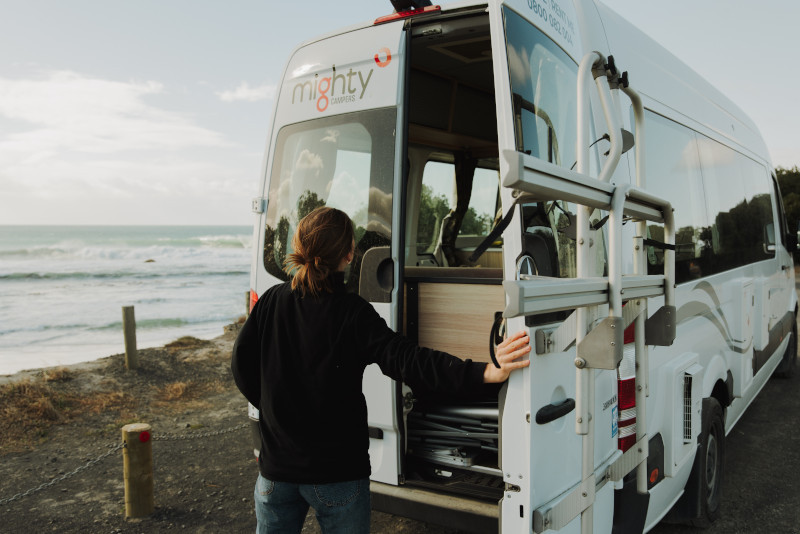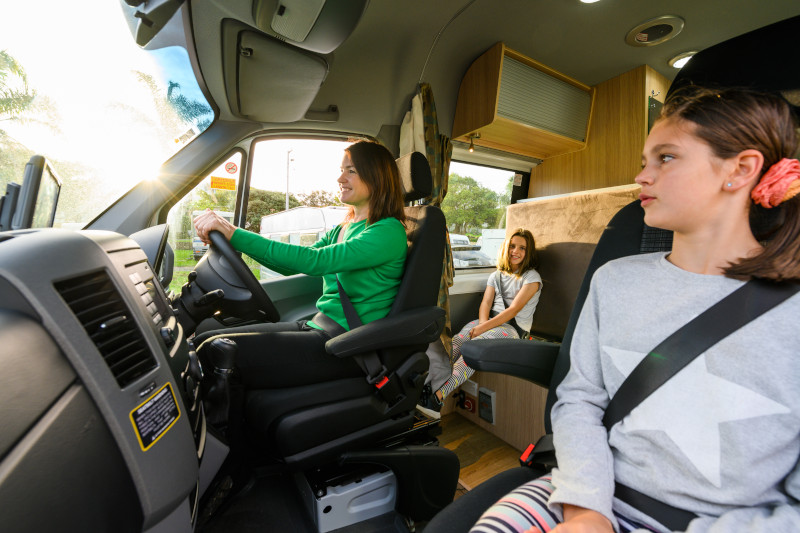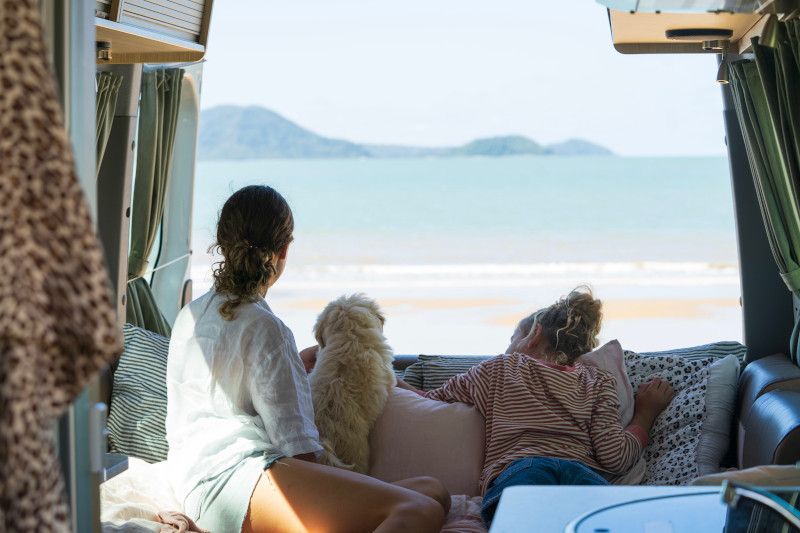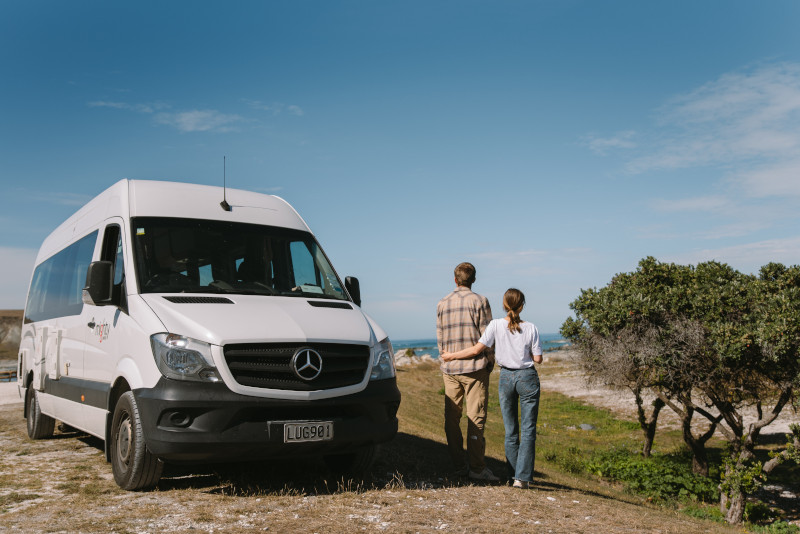What to Pack for Your Campervan Adventure in Australia and New Zealand
Travelling by campervan is one of the best ways to see both Australia and New Zealand. Whether you’re winding along Australia’s sun-drenched coastline, venturing into the outback, or exploring New Zealand’s dramatic mountains and lush forests, a campervan gives you the freedom to experience it all at your own pace. But what should you actually bring? Packing right makes all the difference, especially with the wild swings in weather, remote stretches without shops, and the sheer variety of outdoor adventures on offer in both countries.
Why Packing Right Matters
Australia and New Zealand offer endless possibilities—beaches, ancient rainforests, glaciers, national parks, wineries, tiny towns, and everything in between. But conditions can change fast, and in many places, shops and supplies can be few and far between. You might be hours from the nearest town, or freedom camping far from any store. That means you’ll want to stock up on essentials before you head out and come prepared for wherever the road takes you.
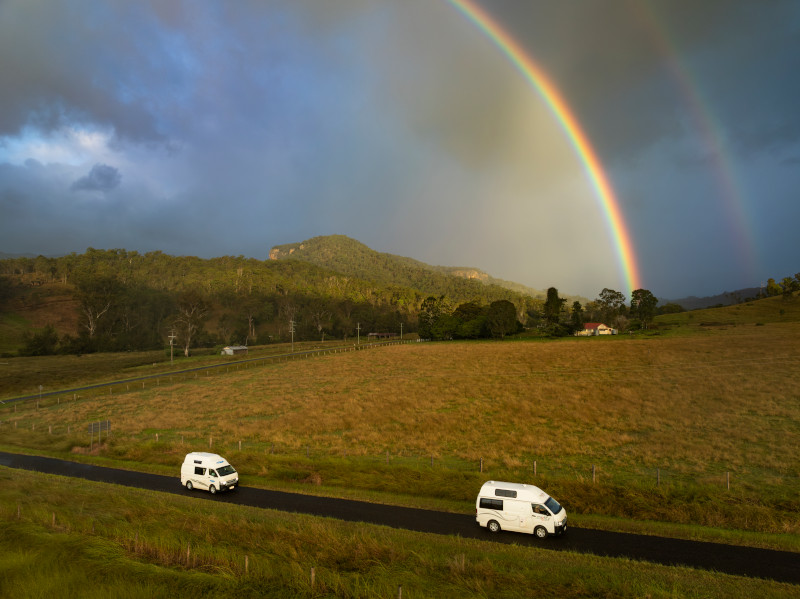.jpg)
Weather: Be Ready for Anything
Australia: The climate swings wildly from temperate in the south to tropical in the north, with desert in between. Southern regions have four seasons, while the north can be hot and humid all year. Inland areas can see extremes—scorching days, chilly nights, sudden downpours. Always check the forecast and pack for the region and season.
New Zealand: Weather can turn on a dime, thanks to its island geography. Summers are usually mild, but you’ll need layers for cool evenings or wind. Winters can be cold, especially in the south and around the mountains, so warm gear is a must.
For up-to-date forecasts, check the Bureau of Meteorology in Australia and MetService in New Zealand.
Essential Packing List
Remember, our campers are fully equipped with all the linen, kitchen and living equipment you’ll need, which you can check out on our What's Included page. That means, you can pack light and only bring your personal items. Pack in soft bags (ie. Duffel bag) as they fit easier in the campervan storage lockers and cupboards. Hardcase suitcases won’t fit and will become quite annoying quite quickly!
Here’s what you’ll want on hand for a smooth, safe, and fun trip across either country:
Outdoor & Activity Gear
- Beach towels and swimwear
- Day pack (for hikes or exploring towns)
- Binoculars and a camera—there’s always something to see
Clothing for All Conditions
Australia and New Zealand can deliver four seasons in a day. Pack for flexibility:
Summer:
- Light layers, t-shirts, shorts
- Sun protection: hat, sunglasses, sunscreen (the sun is fierce)
- Windbreaker or light jacket
- Comfy walking shoes or sandals – closed-toe shoes/hiking boots are particularly important in the bush. Ensure you have appropriate footwear for the activities you plan on doing
- Thongs/flip flops/crocs for hanging around Holiday Parks
Winter:
- Heavy jacket or puffer
- Thermals (base layers)
- Beanie and gloves
- Warm socks and sturdy footwear
- Rain jacket
All Year:
- Sturdy hiking boots (clean if bringing to NZ)
- Rain jacket (weather can change fast)
- Layers for warmth and sun protection
Personal Care
- Medications
- Hand sanitiser
- Tweezers, bug spray, sunscreen
- Shampoo/soap
- Emergency torch (flashlight)
- If you have a medical emergency, dial 000 in Australia or 111 in New Zealand
Tech & Entertainment
- Device chargers
- Navigation apps (download offline maps for remote areas)
- Books, tablet, or board games for downtime
- GPS device or paper maps—especially important in the outback or remote NZ
For Kids
- Favourite toys or comforters
Miscellaneous Must-Haves
- Driver’s licence (plus international licence if needed)
- Coins for parking or laundry
- Maps/GPS to avoid getting lost
- Binoculars for wildlife
- Torch for nighttime walks
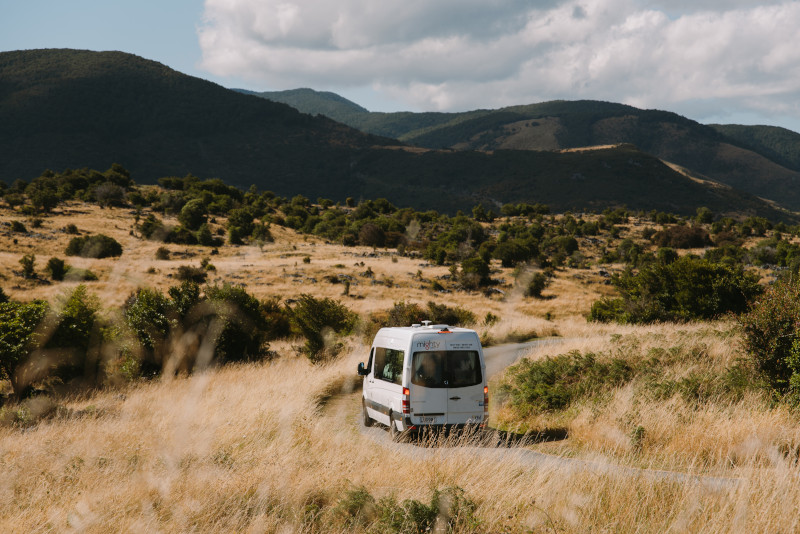
A Note on Respect
Both Australia and New Zealand are proud of their natural beauty. Leave every site cleaner than you found it, stick to marked trails, and respect local customs and sacred sites. That way, these special places will stay natural and welcoming for generations to come.
Ready to Roll?
Packing for a campervan trip in Australia or New Zealand takes a bit of planning, but once you’re on the road, you’ll be glad you came prepared. Stock up, stay flexible, and most importantly—bring your sense of adventure. For more tips, ideas, and inspiration, check out our blog. When you’re ready, book your camper online or at a branch, and get exploring.
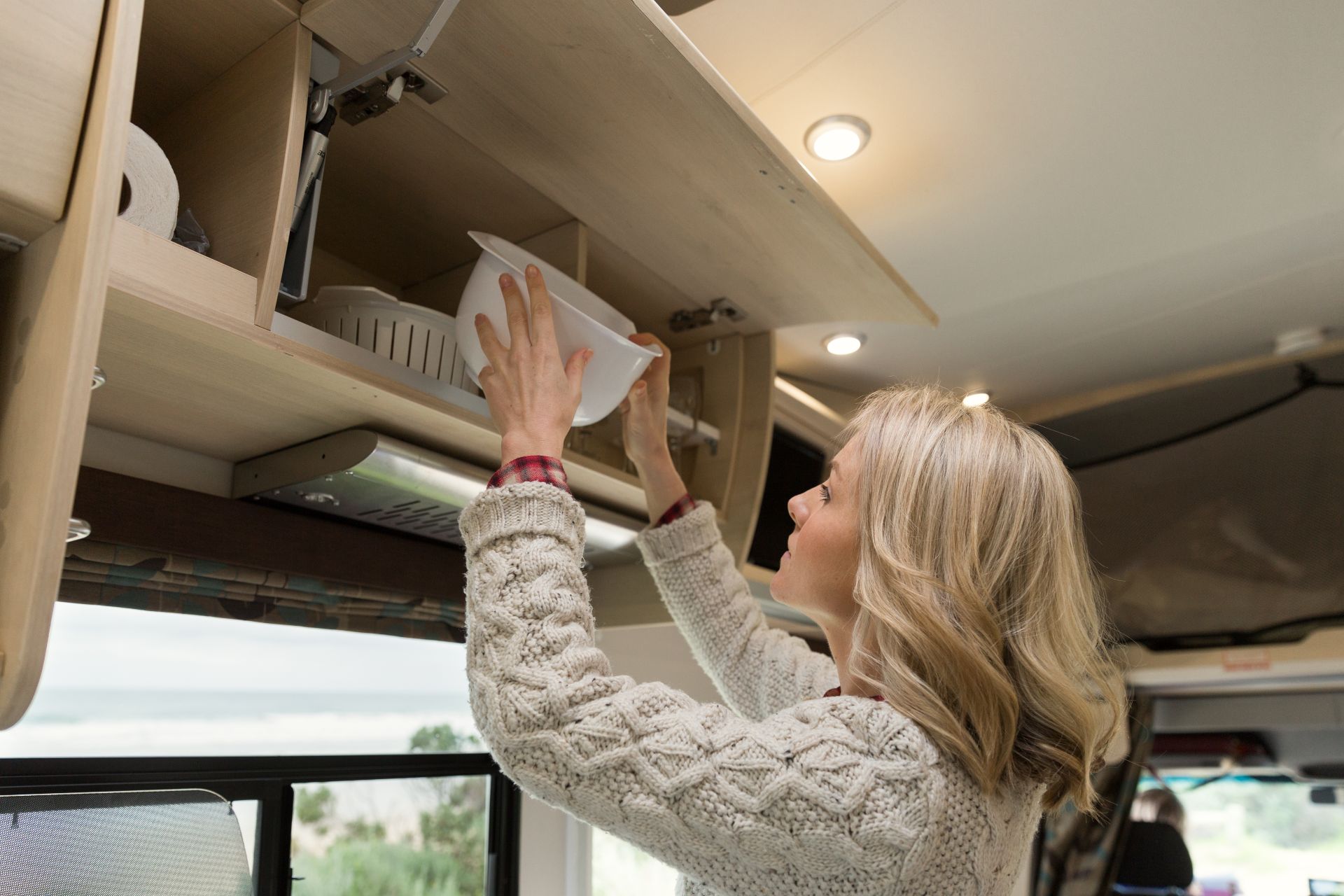
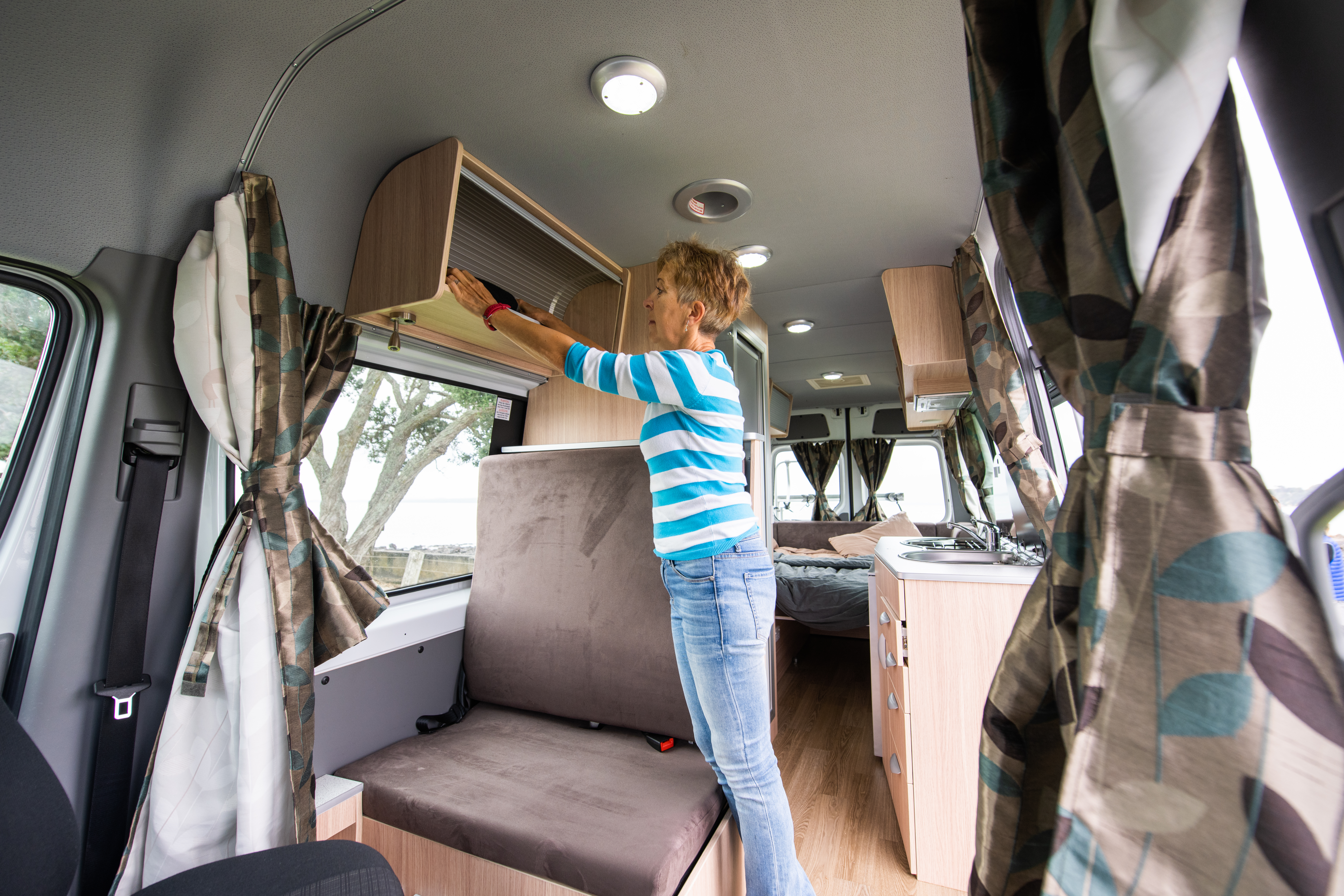_1.jpg?width=1920)
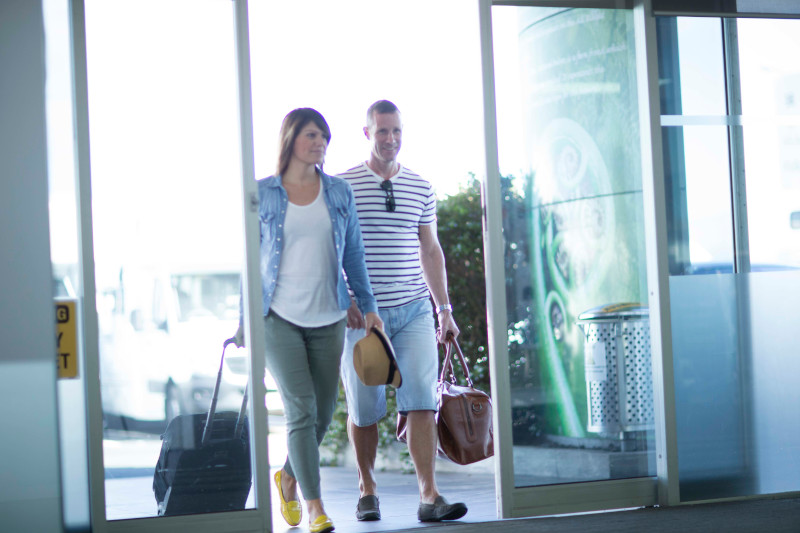
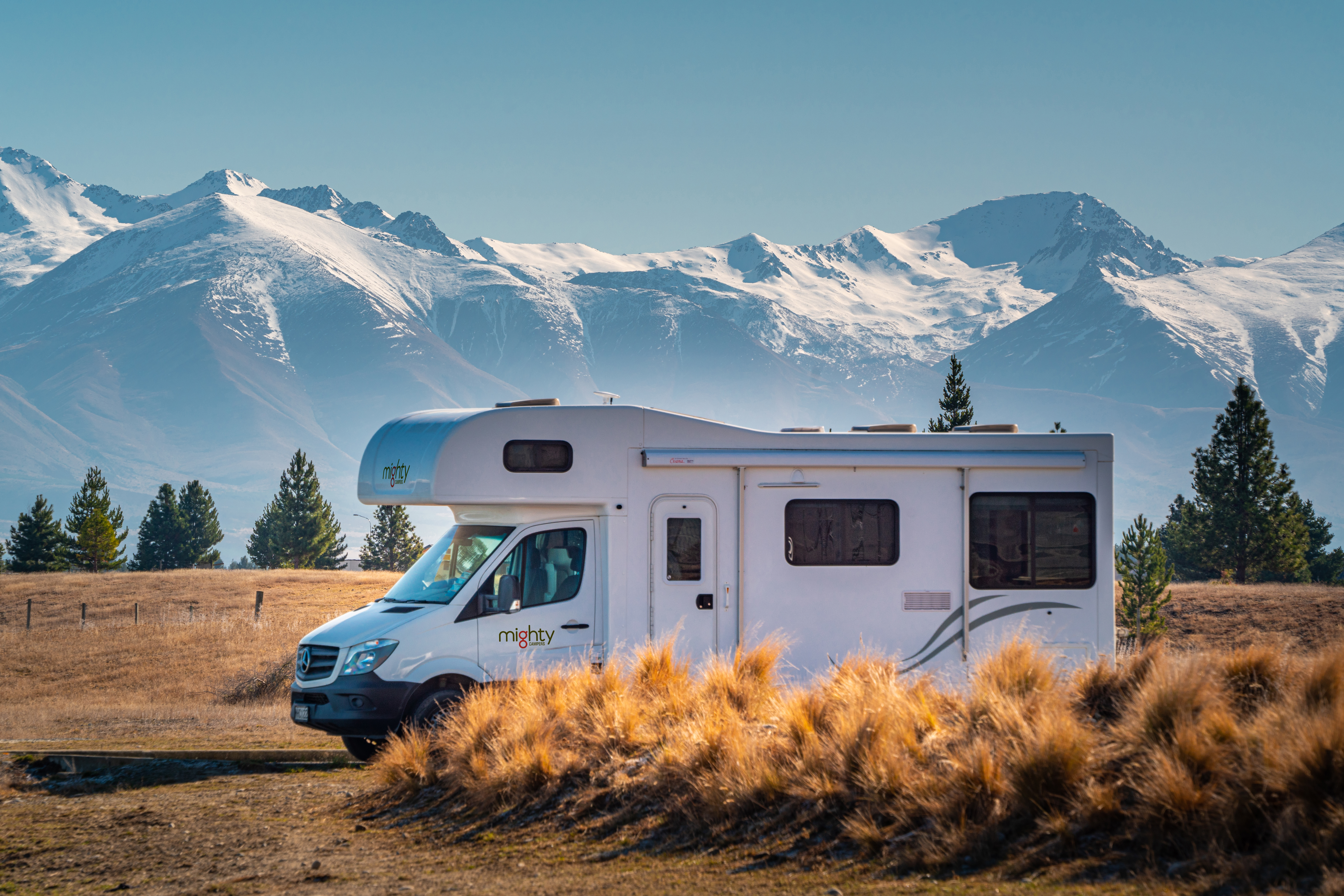.jpg?width=1920)
